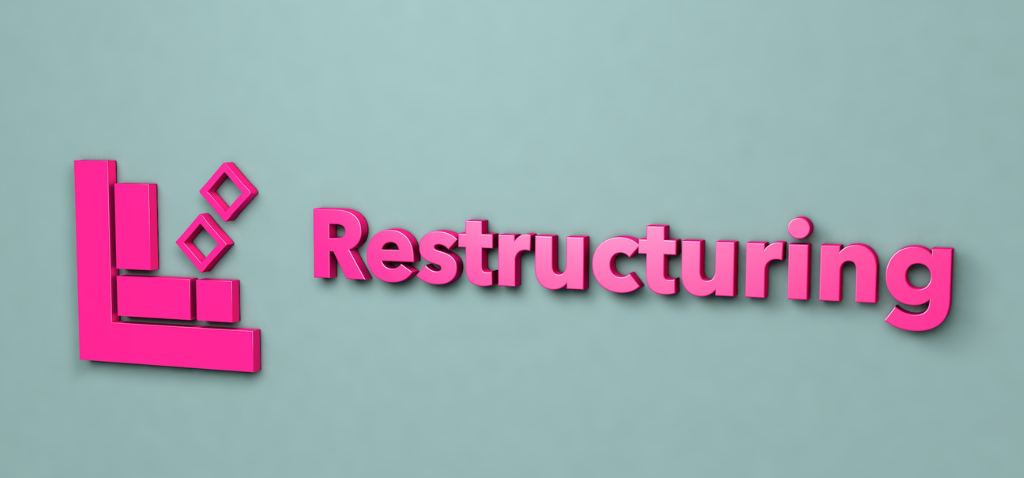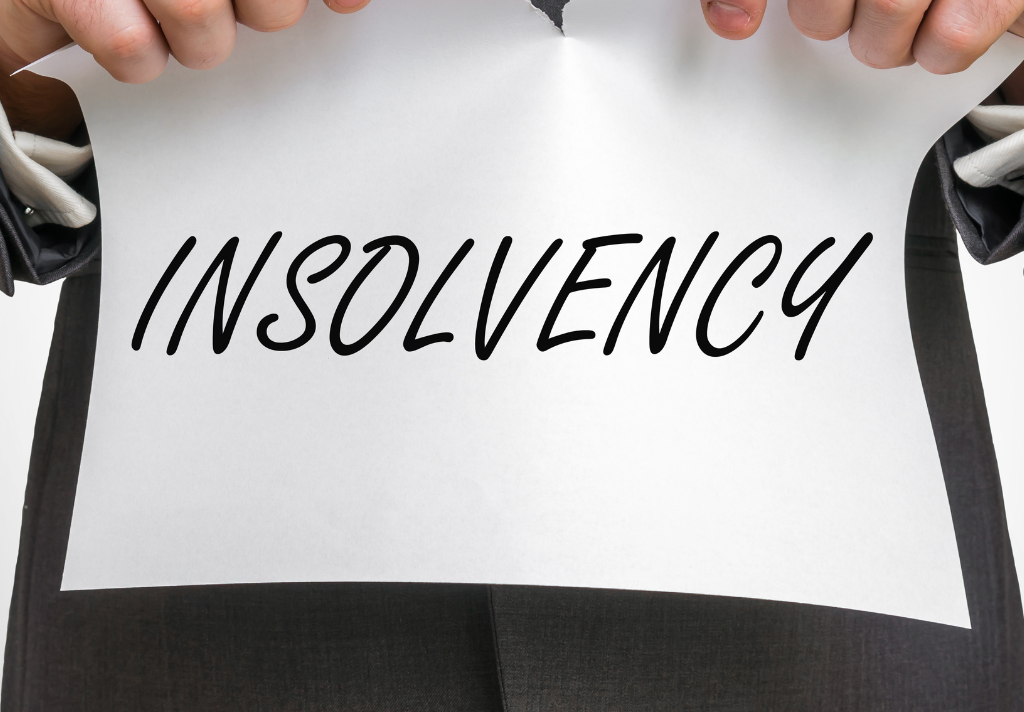When a company enters administration, it's reached a crossroads. Usually, this happens when debts pile up and there's simply not enough cash coming in to pay what's owed. But here's the thing — administration isn't always the end of the road. Sometimes it's actually a lifeline. Under the Insolvency Act 1986, administration gives breathing space. […]
Blogs
 How Long Does a Members Voluntary Liquidation Take to Complete?
How Long Does a Members Voluntary Liquidation Take to Complete?
The duration of a Members' Voluntary Liquidation (MVL) under UK insolvency law typically ranges from 6 to 12 months, though the exact timeline depends upon several critical factors established by the Insolvency Act 1986 and Companies Act 2006. These include the efficient realisation of company assets, the complexity of the company's financial affairs under English […]
 What Happens When a Company Goes into Voluntary Liquidation and Its Impact
What Happens When a Company Goes into Voluntary Liquidation and Its Impact
When a company opts for voluntary liquidation, it triggers a series of meticulously regulated steps designed to guarantee the fair distribution of its assets among creditors and stakeholders under UK insolvency law. This process not only addresses the immediate financial liabilities but also influences the broader economic ecosystem, including investor confidence, employment, and industry standards […]
 What Does Individual Voluntary Arrangement Mean for Managing Debt?
What Does Individual Voluntary Arrangement Mean for Managing Debt?
An Individual Voluntary Arrangement (IVA) represents a pivotal financial tool for those grappling with considerable debt in England, Wales, and Northern Ireland. Understanding the IVA meaning is essential, as it allows debtors to consolidate their obligations into manageable monthly payments under the framework of the Insolvency Act 1986. This legally binding agreement protects individuals by […]
 What is Personal Insolvency and How It Impacts Your Finances
What is Personal Insolvency and How It Impacts Your Finances
Personal insolvency represents a critical financial state where individuals cannot fulfil their debt obligations under English law, creating a pivotal challenge with far-reaching implications across their financial landscape. This condition not only disrupts one's financial stability but also affects future creditworthiness and personal assets under the comprehensive framework established by the Insolvency Act 1986 and […]
 What is a CVA in Business: Exploring Company Voluntary Arrangements
What is a CVA in Business: Exploring Company Voluntary Arrangements
A Company Voluntary Arrangement (CVA) under Part 1 of the Insolvency Act 1986 is an essential tool for businesses threatening insolvency, allowing them to formulate a plan to repay debts and restructure operations. This process involves a detailed investigation by licensed insolvency practitioners authorised by professional regulatory bodies, giving the company the best chance for […]
 How to Get Insolvency Advice for a Company
How to Get Insolvency Advice for a Company
A comprehensive guide to obtaining professional insolvency advice for companies facing financial difficulties Understanding Company Insolvency Company insolvency occurs when a business cannot meet its financial obligations as they fall due or when its liabilities exceed its assets. Under the Insolvency Act 1986, a company is deemed insolvent if it fails either the cash flow […]
 What Is Corporate Debt Restructuring and Its Types?
What Is Corporate Debt Restructuring and Its Types?
Corporate debt restructuring under English law is a vital tool for companies facing liquidity issues, allowing them to renegotiate financial obligations to continue operations and avoid formal insolvency under the Insolvency Act 1986. Strategies like Company Voluntary Arrangements (CVA) under Part 1 of the Insolvency Act 1986, debt-for-equity swaps, and debt rescheduling offer tailored solutions […]
 What Is Restructuring and How Does It Mean to Restructure a Business?
What Is Restructuring and How Does It Mean to Restructure a Business?
Restructuring is a strategic process where a company modifies its structure, operations, or finances to improve efficiency or address challenges under English law. It often involves cost restructuring, reducing overheads or realigning resources to meet current needs whilst ensuring compliance with the Insolvency Act 1986 and Companies Act 2006. This approach may be necessary due […]
 Exploring the Types of Insolvency: Liquidation, Voluntary, and CVA
Exploring the Types of Insolvency: Liquidation, Voluntary, and CVA
In the complex landscape of corporate finance under English law, understanding the nuances of insolvency is crucial for any business. Insolvency, a state where a company's liabilities exceed its assets or it cannot meet its financial obligations as they fall due, can lead to various outcomes under the Insolvency Act 1986. Liquidation and Company Voluntary […]

Address: Apex Building, 1 Water Vole Way, Balby, Doncaster, South Yorkshire, DN4 5JP
Tel: 01302 430180
Services
Company



